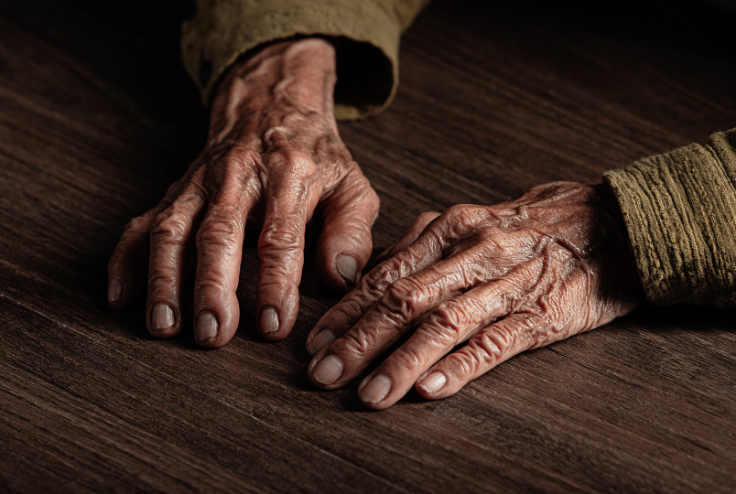Parkinsons Disease
K 7 PHYSIO | SERVICES
Parkinsons Disease
What are the main symptoms/effects of Parkinson’s disease?
Parkinson’s disease affects motor function. Therefore, the main symptoms are:
• bradykinesia (slowness of movement),
• increased muscle tone,
• stiffness or rigidity of muscles,
• tremor: involuntary movement of body parts, particularly upper and lower
limbs,
• freezing episodes (movement freezes),
• shuffling gait,
• postural instability, due to flexed posture,
• dystonia: involuntary muscle contractions.
Individuals affected by Parkinson’s disease might also have cognitive issues,
such as the inability to concentrate or multitask or have difficulty sequencing a plan.

What is Parkinson's disease?
Parkinson’s Disease is a progressive neurological disorder, mostly affecting the elderly population. It mainly affects movement and coordination in an individual. Parkinson’s disease also affects;
• speech,
• mood,
• cognition,
• bladder and bowel function.
What causes Parkinson's disease? What reaction happens in the brain for an individual to suffer Parkinson's disease?
Parkinson’s disease is caused by damage to nerve cells, which reduces the secretion of dopamine in the brain. When there is low dopamine in the brain, movement and coordination is affected.
Why is the timing of medication especially important for an individual with Parkinson’s disease?
Parkinson’s disease is caused by a low secretion of dopamine. When an
individual takes medication, the dopamine level increases, which facilitates an individual’s ability to engage in activities without severe movement restrictions or issues with coordination.
Individuals tend to complete their activities of daily living when the medication is in their system. Speaking to a physiotherapist/ consultant/Parkinson’s nurse may be necessary if a particular medication is unsuccessful. Changing the timing and dosing of medication can help significantly.
How do physiotherapists help individuals with Parkinson's disease?
Parkinson’s disease affects people in different ways. At K 7 physiotherapy our physiotherapist performs a holistic assessment and formulates a treatment plan that is appropriate to the individual.
The main aim of physiotherapy is to:
• improve mobility
• reduce stiffness
• increase range of motion
• improve posture
• improve coordination improve balance
• mitigate falls
• employ cueing strategies to reduce the effects of freezing
• improve lie-to-sit and sit-to-stand transfers
• promote independence
Call Today
07395414243
K 7 physiotherapy
Aspire Health
11 Mill Road
Rugby
CV21 1AA
